Our Connection to Panamá
At the Center of Population Sciences for Health Empowerment (CPSHE), we are proud to cultivate meaningful collaborations with leading institutions in Panamá, including INDICASAT-AIP, The Gorgas Memorial Institute for Health Studies (GORGAS), The National Secretariat of Science, Technology, and Innovation (SENACYT), and renowned Panamanian universities. These partnerships underscore our commitment to advancing global health initiatives through innovative research, knowledge exchange, and capacity-building efforts.
A Shared Vision for Health Access & Education
Our collaboration with Panamá is rooted in a shared dedication to addressing critical public health challenges, particularly in underserved populations. By leveraging the expertise and infrastructure of our partners, we strive to tackle complex issues such as infectious diseases, environmental health, and health disparities on a global scale.

Read up on our latest trip to Panamá
About Panamá & CPSHE Collaboration
A Commitment to Long-Term Impact
CPSHE believes in the power of sustainable partnerships. By working hand-in-hand with these esteemed institutions in Panamá, we aim to build a robust scientific discovery, education, and policy development framework that will benefit future generations.
Together, we are not just advancing science—we are building a healthier, more just world.
For more information on our partnership with Panamanian institutions, contact us at cpshe@fsu.edu
Key Initiatives
Research Excellence
Our partnerships enable data sharing, interdisciplinary research, and the development of innovative solutions. Together with INDICASAT-AIP and GORGAS, CPSHE supports groundbreaking research on:
- Infectious Diseases
- Vector-borne illnesses
- Health + Artificial Intelligence (AI)
- Aging
- Mental Health and more
International Research Summits
CPSHE actively participates in co-hosting conferences, such as the International Health and STEM Research Summit, where researchers, policymakers, and educators convene to share insights and forge new collaborative pathways.
The summit attendees form groups based on their research interests and continue to work together on further research proposals, studies, and projects. These collaborative groups are essential to fostering and furthering research on a global scale.
Education & Academic Partnerships
Our relationships with Panamá’s universities allow students and faculty to engage in collaborative research, fieldwork, and academic exchange programs. This strengthens the bridge between theoretical knowledge and practical application.
Capacity Building
SENACYT and CPSHE are aligned in our commitment to fostering the next generation of researchers. Through training programs, scholarships, and joint workshops, we empower scientists and students in Panamá to contribute to global health advancements.
Our Panamá Partners & Affiliates

Institute of Scientific Research and High Technology Services
The Institute for Scientific Research and High Technology Services (INDICASAT-AIP) is a leading biomedical research center based in Panamá City’s vibrant City of Knowledge campus. Its work spans areas like neuroscience, immunology, natural products, and clinical trials, all aimed at improving public health. INDICASAT-AIP focuses on generating knowledge relevant to Panama, building research capacity, and fostering innovation by connecting universities, research centers, and private companies.
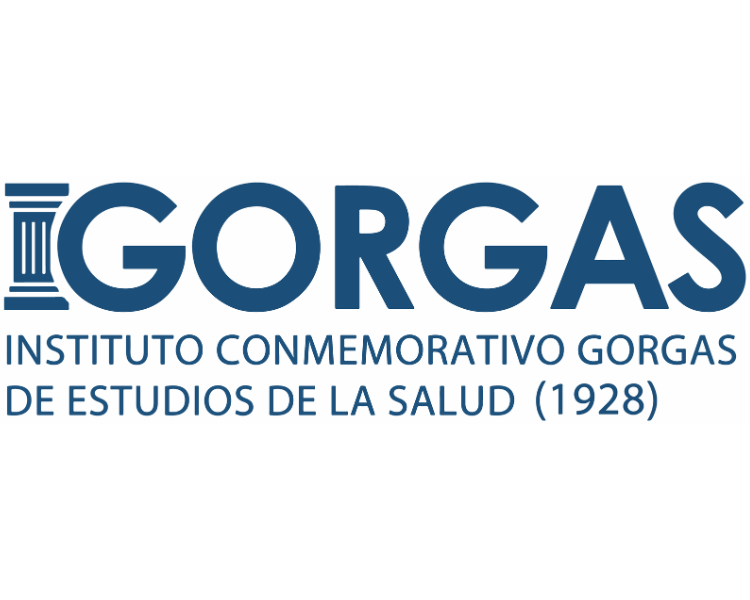
The Instituto Conmemorativo Gorgas de Estudios de la Salud (ICGES)
Founded in 1921 as a tribute to Dr. William C. Gorgas, who played a key role in eradicating yellow fever during the construction of the Panamá Canal, the Gorgas Memorial Institute has a long legacy of improving public health in Panama and beyond. Its facilities opened in Panama City in 1928, originally operating under U.S. administration as the Gorgas Memorial Laboratory before transitioning to Panamanian control in 1990. The institute specializes in research and solutions for diseases prevalent in tropical regions, such as malaria, leishmaniasis, Chagas disease, and those caused by viruses like Zika, dengue, and respiratory viruses. It serves as a vital hub for public health research, housing a serum bank with approximately 50,000 samples and a digital library with nearly 2,000 publications. Today, the Gorgas Memorial Institute operates as a division of Panamá’s Ministry of Health, continuing its mission to combat health challenges in the region through advanced research, disease prevention, and public health initiatives.
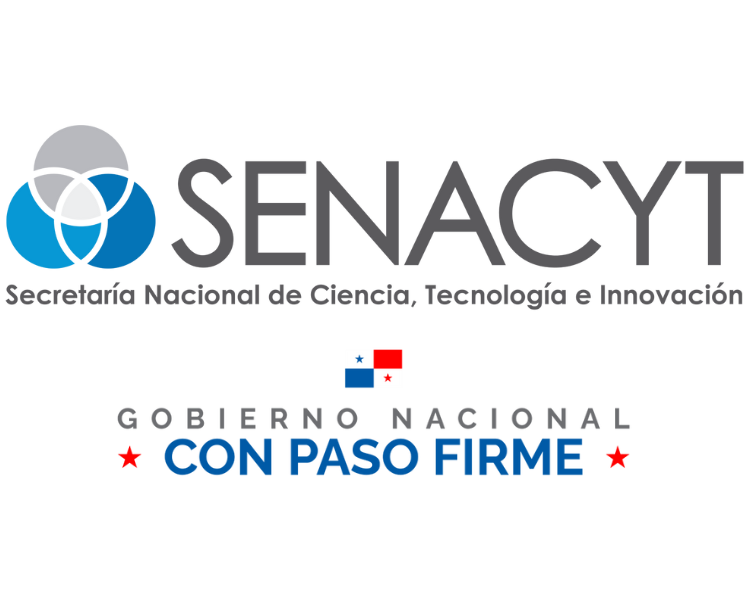
The National Secretariat of Science, Technology, and Innovation
SENACYT is Panamá’s autonomous institution dedicated to advancing science, technology, and innovation to benefit the nation’s development. Established in 1997, it operates under the framework of Panama’s National Strategic Plan for Science, Technology, and Innovation (PENCYT) 2020-2024. SENACYT’s mission is to enhance productivity, competitiveness, and modernization across various sectors, including the government, private industries, academia, and the broader population. Through its programs, projects, and initiatives, SENACYT works to strengthen research, foster technological innovation, and support the integration of science into everyday life, helping Panamá grow as a leader in innovation and knowledge-based progress.
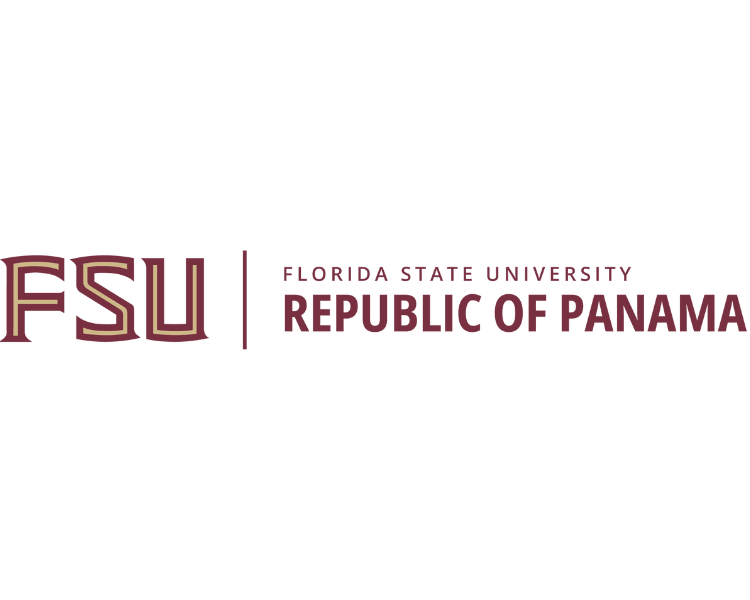
Florida State University- Panamá campus
FSU Republic of Panamá is a branch campus of Florida State University. It's purpose is to offer students from all over the world an opportunity to pursue a U.S. higher education while living in Panama; to expose them to an international mix of lifestyles and languages; and to challenge all students to be learners, leaders and contributors. Florida State University has been in Panama since 1957 and is the second oldest university in the country. Its campus is located in the City of Knowledge, a unique environment of academic and research institutions located between the Panama Canal and the Camino de Cruces National Park – a rainforest of incredible beauty and one of the most biologically varied on the planet.
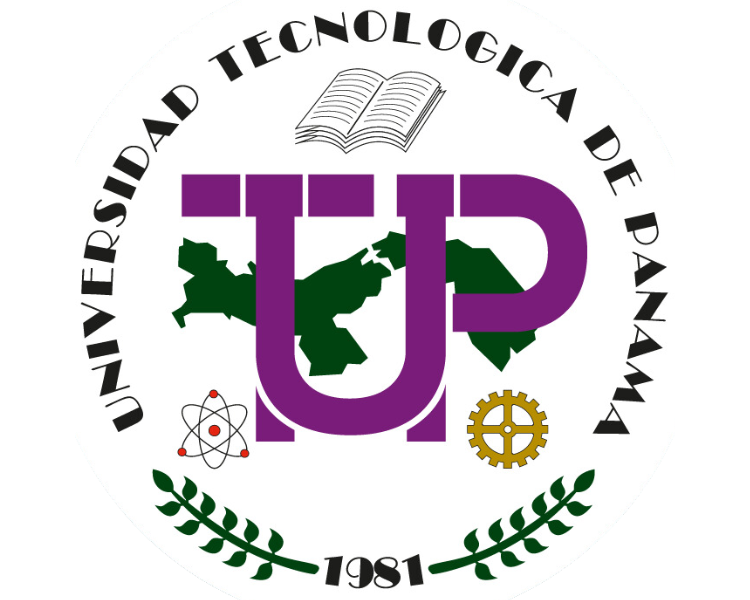
Universidad Tecnologica de Panamá (UTP)
The Technological University of Panama (UTP) is a premier state institution located in Panama City, specializing in engineering and technology. As a national leader in engineering research, UTP serves as a hub for innovation and expertise, playing a key role in driving technological advancements and providing solutions to modern challenges. Its commitment to academic excellence and cutting-edge research makes it a cornerstone of Panama’s development in science and technology.
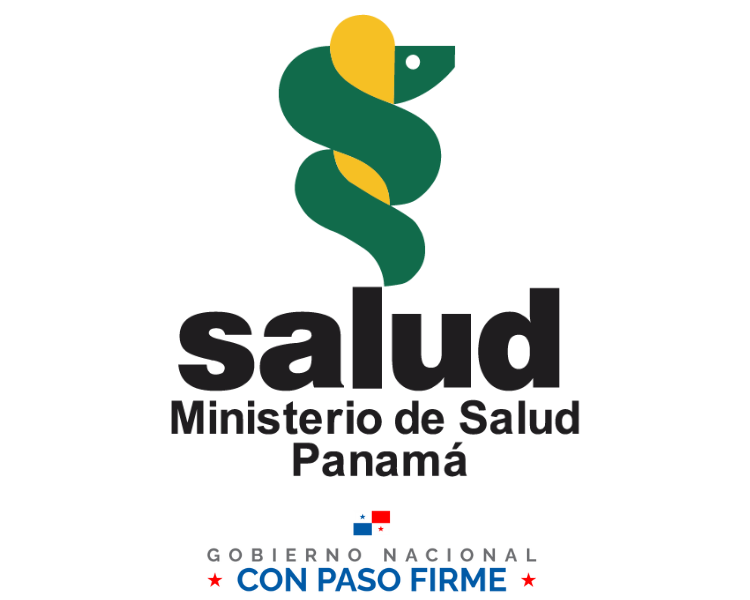
Ministry of Health of the Republic of Panama
The Ministry of Health (MINSA) is Panama’s governmental institution responsible for overseeing public health policies and providing equitable healthcare services. Guided by its vision, “Change in Health, a Commitment for All,” MINSA focuses on delivering comprehensive and accessible health care while promoting public participation and transparency in the use of resources. MINSA collaborates with CPSHE to address health disparities and improve population health outcomes through joint initiatives, emphasizing fairness and quality in health services for underserved communities. Together, they foster innovative approaches to solving public health challenges in Panama and beyond.
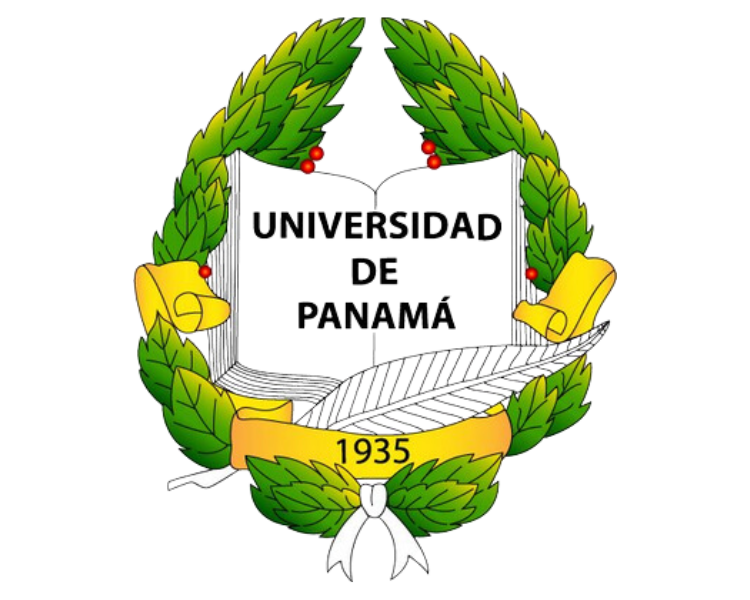
Universidad de Panamá
Founded in 1935, the University of Panama (UP) is the country’s largest and most prestigious public university. Researchers and professors from the University of Panama contribute significantly to CPSHE's mission through their public health, engineering, and anthropology expertise. Their work includes exploring health challenges like chronic kidney disease, advancing systems for healthcare education, and examining social determinants of health. With a focus on interdisciplinary approaches, these scholars help bridge gaps in health, fostering innovative solutions through research, education, and collaboration.

CEVAXIN
CEVAXIN is a prominent research institute focused on public health, epidemiology, and vaccine development. The institute conducts pivotal research to improve health outcomes through innovative studies in areas such as infectious diseases, vaccine efficacy, and public health policy. CEVAXIN’s contributions to the scientific community align with the CPSHE's mission of advancing health equity through collaborative research and the development of evidence-based solutions to global health challenges.
